Unlocking the Future of Health & Beauty
Your Gateway to Exosome Science
Discover the revolutionary potential of exosomes in medicine, cosmetics, and beyond, with the most up-to-date research and applications.
Welcome to the forefront of scientific discovery. Exosomes, nature's tiny messengers, are rapidly transforming our understanding of cellular communication and opening unprecedented avenues for therapeutic and aesthetic advancements.
We cut through the complexity to bring you clear, concise, and current information on this groundbreaking field. Whether you're a researcher, a medical professional, an industry innovator, or simply fascinated by the future of health, you'll find comprehensive resources covering:
Exosomes in Medicine: Explore novel treatments for regenerative medicine, disease diagnostics, and targeted drug delivery.
Cosmetic Innovations: Learn how exosomes are revolutionizing skincare, anti-aging, and hair restoration.
Latest Research & Development: Stay informed with digestible summaries of the newest scientific findings and clinical trials.
Applications & Insights: Understand the practical uses and exciting possibilities across various industries.
Exosomes are tiny, membrane-bound vesicles, typically ranging from 30 to 150 nanometers in diameter, that are naturally secreted by cells throughout the body. They act as messengers, carrying proteins, lipids, and genetic material from one cell to another, facilitating vital intercellular communication and supporting tissue repair and regeneration


Exosomes in Medicine: A Transformative Frontier
Exosome therapy is at the forefront of medical innovation, with groundbreaking applications in many fields. In medicine, exosomes are being explored for their remarkable ability to deliver targeted therapies, promote tissue regeneration, and serve as diagnostic biomarkers.
Cancer Therapy: Engineered exosomes can deliver anticancer drugs directly to tumor cells, enhancing treatment efficacy while minimizing systemic side effects. They have shown promise in preclinical models for treating various cancers, including breast and lung cancer, by improving drug delivery and even augmenting radiotherapy and photodynamic therapy
Regenerative Medicine: Exosomes derived from stem cells are used to promote tissue repair and regeneration in conditions such as heart disease, neurological disorders, and more
Diagnostics: Exosomes serve as valuable biomarkers for early disease detection and monitoring, offering non-invasive diagnostic options for cancer and other illnesses
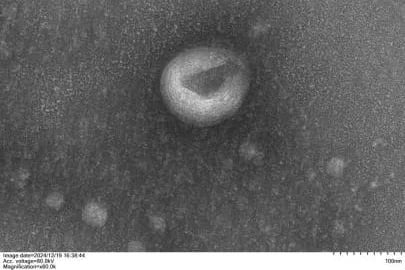

Revolutionizing Skincare with Exosomes
While traditional skincare often focuses on topical application of ingredients, true skin rejuvenation goes deeper – to the cellular level. This is where exosomes offer an unparalleled advantage.
The remarkable efficacy of exosomes in dermatological applications stems from their diverse molecular cargo and their sophisticated ability to be internalized by recipient skin cells. This internalization occurs through various mechanisms, including endocytosis, phagocytosis, and direct fusion with the plasma membrane, allowing their contents to be released and exert biological effects within the target cells.
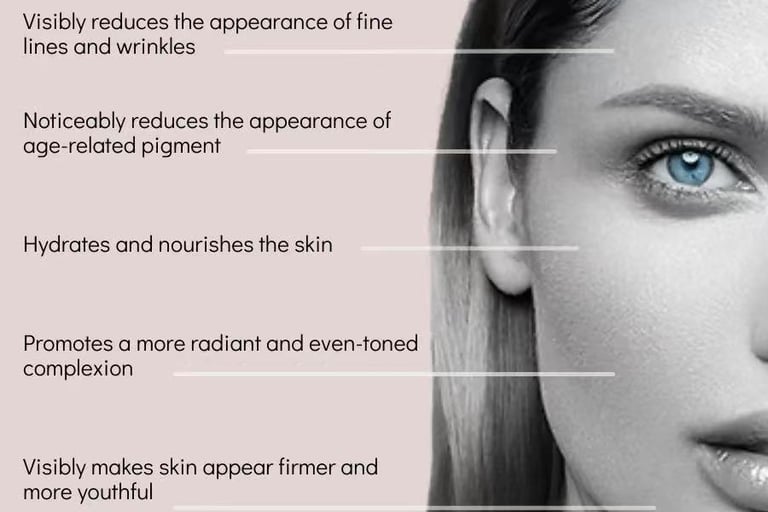

Key bioactive components within exosomes that drive their benefits for skin include:
Growth Factors: A rich array of polypeptide signaling molecules vital for regulating cell growth, proliferation, differentiation, and tissue repair (e.g., Epidermal Growth Factor (EGF), Fibroblast Growth Factors (FGFs), Transforming Growth Factor-beta (TGF-β), Platelet-Derived Growth Factor (PDGF), Vascular Endothelial Growth Factor (VEGF)). These stimulate fibroblasts and keratinocytes to produce extracellular matrix components and regenerate.
Cytokines: Proteins that mediate cell-to-cell communication and modulate immune responses, often with potent anti-inflammatory properties that calm irritated skin and reduce erythema.
mRNA & miRNA (MicroRNA): Genetic material capable of regulating gene expression in recipient cells. miRNAs, in particular, are powerful post-transcriptional regulators, influencing protein synthesis and modulating cellular pathways crucial for skin aging, collagen production, and wound healing.
Proteins: A vast array of functional proteins, including enzymes, structural proteins, and signaling molecules that contribute to various cellular functions essential for skin homeostasis.
Lipids: Critical for the structural integrity and stability of the exosomal membrane, and for mediating their interaction with target cell membranes.
Mechanism of Action in Skin:
When topically applied or delivered through advanced methods, exosomes are capable of navigating the stratum corneum and interacting with various cellular populations within the epidermis and dermis, including:
Fibroblasts: Exosomal cargo, particularly growth factors and specific miRNAs, directly stimulates dermal fibroblasts to increase the production of collagen type I, III, and elastin, leading to improved skin firmness, elasticity, and reduced wrinkle depth.
Keratinocytes: Exosomes can promote keratinocyte proliferation and differentiation, accelerating epidermal turnover for a smoother texture and improved barrier function.
Immune Cells: Anti-inflammatory cytokines and miRNAs within exosomes can modulate local immune responses, effectively reducing skin redness, inflammation, and sensitivity.
Angiogenesis: Exosomes containing VEGF can promote the formation of new microvasculature, enhancing nutrient and oxygen supply to skin cells, which is vital for tissue regeneration and repair.
Antioxidant Defense: Certain exosomal components can bolster the skin's intrinsic antioxidant defenses, protecting against oxidative stress induced by UV radiation and environmental pollutants.
Wound Healing & Repair: By promoting cell migration, proliferation, extracellular matrix remodeling, and angiogenesis, exosomes significantly accelerate and optimize the skin's natural wound healing processes, leading to faster recovery and improved scar appearance.
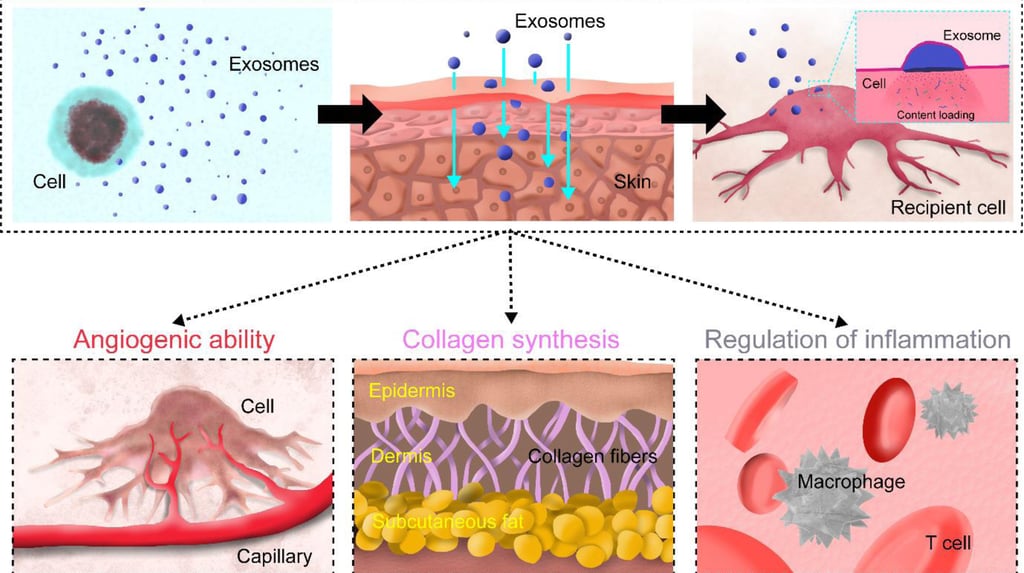

The Exosome Advantage: Cultivating Remarkable Hair Health & Growth
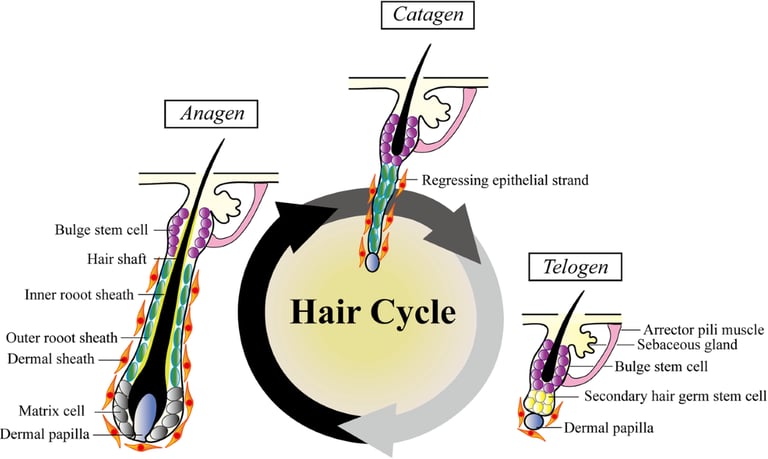

Imagine your scalp as a bustling ecosystem, and within it, your hair follicles are constantly receiving vital instructions. These instructions arrive in the form of exosomes – microscopic vesicles released by various cells. Think of them as ultra-smart biological packages, packed with essential information like proteins, lipids, and even growth factors.
The profound impact of exosomes in promoting hair health and regrowth stems from their dynamic molecular cargo and their highly efficient cellular internalization by target cells, particularly dermal papilla cells (DPCs) – the master regulators of hair follicle cycling. Uptake occurs via various pathways including endocytosis and direct membrane fusion, allowing their bioactive contents to exert direct influence within the recipient hair follicle cells.
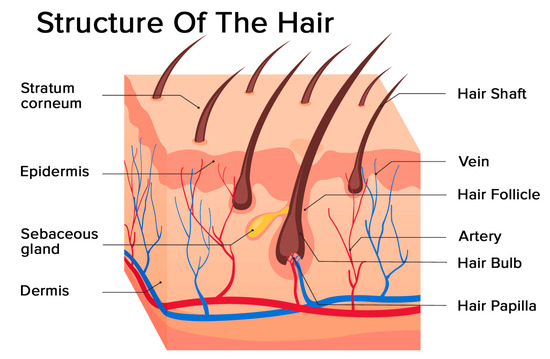

The potent biological payload carried within exosomes that drive hair regeneration includes:
Diverse Growth Factors: A rich consortium of polypeptide signaling molecules (e.g., KGF, HGF, IGF-1, VEGF, FGFs, PDGF) that orchestrate cell proliferation, migration, differentiation, and tissue remodeling, all critical for hair follicle genesis and maintenance.
Regulatory miRNAs & mRNAs: Genetic material that can fine-tune gene expression in recipient cells. Specific microRNAs (miRNAs) within exosomes have been identified as crucial regulators of hair follicle development and cycling, influencing pathways that either promote hair growth or suppress inhibitory signals.
Enzymes & Proteins: A wide array of functional proteins, including those involved in cellular metabolism, antioxidant defense, and extracellular matrix remodeling, contributing to overall hair follicle health.
Lipids: Integral to exosome stability and facilitating their interaction with target cell membranes, ensuring efficient cargo delivery.
Exosomes execute their revitalizing effects on hair follicles through several key mechanisms:
Anagen Phase Induction & Extension: Exosomal cargo directly activates dormant hair follicle stem cells and dermal papilla cells, prompting the transition from the resting (telogen) phase to the active growth (anagen) phase. They also modulate signaling pathways (e.g., Wnt/β-catenin, Sonic Hedgehog) to significantly prolong the anagen duration, leading to longer and stronger hair.
Enhanced Angiogenesis: The presence of angiogenic growth factors like VEGF within exosomes stimulates the formation of new micro-vessels around hair follicles. This improved blood supply ensures a robust delivery of oxygen and nutrients, essential for optimal hair growth.
Counteracting Miniaturization: Exosomes help mitigate the effects of factors like Dihydrotestosterone (DHT) that cause hair follicle miniaturization. By promoting cell survival and proliferation within the follicle, they support the production of thicker, more robust hair shafts.
Anti-Inflammatory & Antioxidant Action: Exosomal anti-inflammatory cytokines and antioxidant molecules reduce scalp inflammation and oxidative stress, creating a healthier microenvironment that is less prone to damage and more conducive to sustained hair growth.
ECM Remodeling: Supporting the healthy composition and organization of the extracellular matrix surrounding the hair follicle, which is vital for its structural integrity and functional capacity.
Checkout Our Blog
Stay up-to-date with the latest in exosome research, clinical trials, treatment innovations, and expert skincare & Haircare tips.
Disclaimer: The information provided on this website is for educational purposes only and is not intended as medical advice. No exosome product discussed or referenced herein has been approved by the U.S. Food and Drug Administration (FDA). Individuals seeking medical advice or treatment should consult with a qualified healthcare professional.